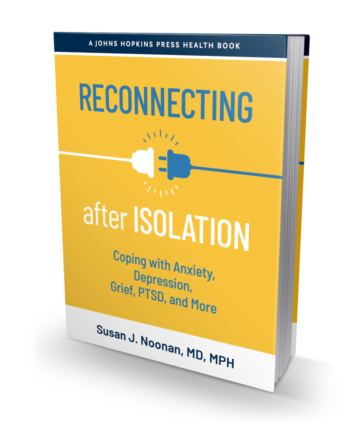 Feeling lost on what you can say or do to help your loved one who has depression? This blog is for you, the family members and close friends of someone who has depression or bipolar disorder. You may sometimes find yourself in an uncomfortable situation. You see your loved one struggling to deal with the symptoms of this illness and may not know exactly what to say or do that would be helpful. Some might fear saying the “wrong” thing and making matters worse. Perhaps you’ve tried and have been told “You just don’t understand!” or “Leave me alone!” That is a very frustrating position to be in and leaves you feeling powerless to help. What is it that your loved one, spouse, child, parent, sibling or friend, needs from you at this time? What can you do that will be useful and effective?
Feeling lost on what you can say or do to help your loved one who has depression? This blog is for you, the family members and close friends of someone who has depression or bipolar disorder. You may sometimes find yourself in an uncomfortable situation. You see your loved one struggling to deal with the symptoms of this illness and may not know exactly what to say or do that would be helpful. Some might fear saying the “wrong” thing and making matters worse. Perhaps you’ve tried and have been told “You just don’t understand!” or “Leave me alone!” That is a very frustrating position to be in and leaves you feeling powerless to help. What is it that your loved one, spouse, child, parent, sibling or friend, needs from you at this time? What can you do that will be useful and effective?
The important thing that those of us who have depression need from our family members is to know that you are there, that you listen, and that we are heard. That is a very powerful tool for you to have. You might think – “Oh, but I already do that.” Well, maybe. We know you try. Listening is a learned skill, a subtle art, and there’s always room for improvement. It requires a lot of patience on your part. Here are some ideas that will help you become an even more effective listener.
First, you want to show that you are present and paying attention to what your loved one is saying. It’s not easy to do, as our minds tend to wander on occasion. When that happens, try to bring yourself back to the conversation. Set aside a time and quiet place to speak in person if you can. Then use “open body language” to signal that you are listening and interested in what he or she has to say. Open body language means that you: sit down; make eye contact; turn your body towards your family member; relax your posture without slouching, crossing your arms, pointing your finger or fidgeting; and use a clear, calm, neutral voice. Then shut off your cell phone.
When listening, it’s important to let your loved one talk without interruption. You can encourage him to continue speaking by nodding your head gently or saying “Tell me more” or Um-hum.” Respond periodically by re-stating, summarizing or reflecting on his words. This is to clarify what he has said and to show that you have heard him. It indicates that you understand what he has said or feels and that his words have meaning. In this way you validate his feelings. You don’t have to agree with him. This is not the time to contradict what he is saying, make assumptions, state “Oh, how could you think that!” or to give your personal opinion, unless specifically asked. It is also not the time to relate your personal experiences.
You might try to ask “open-ended” questions to draw him out. These are questions like “How did that make you feel?” or “What do you think would happen if…” It gives him permission to respond in any way he chooses, and to talk openly about his feelings or experiences. That type of question is much more effective than asking a “closed question” that requires a simple yes or no answer, such as “Did you take your meds?”
When listening, it’s also important for you to tolerate short periods of silence. This can be a bit uncomfortable and difficult to do at first, as the tendency for many of us is nervous chatter. Your loved one may simply not want to talk at the moment. He may be silent if his feelings are very intense or if he’s deep in thought. A short period of quiet often gives him permission to feel or express his emotions. Accept that for the moment. Occasionally, you might break the silence by saying something like “What were you thinking of just now?”
Deep down, your family member will thank you for this!
This blog originally appeared on Psychology Today in my column View From the Mist.
